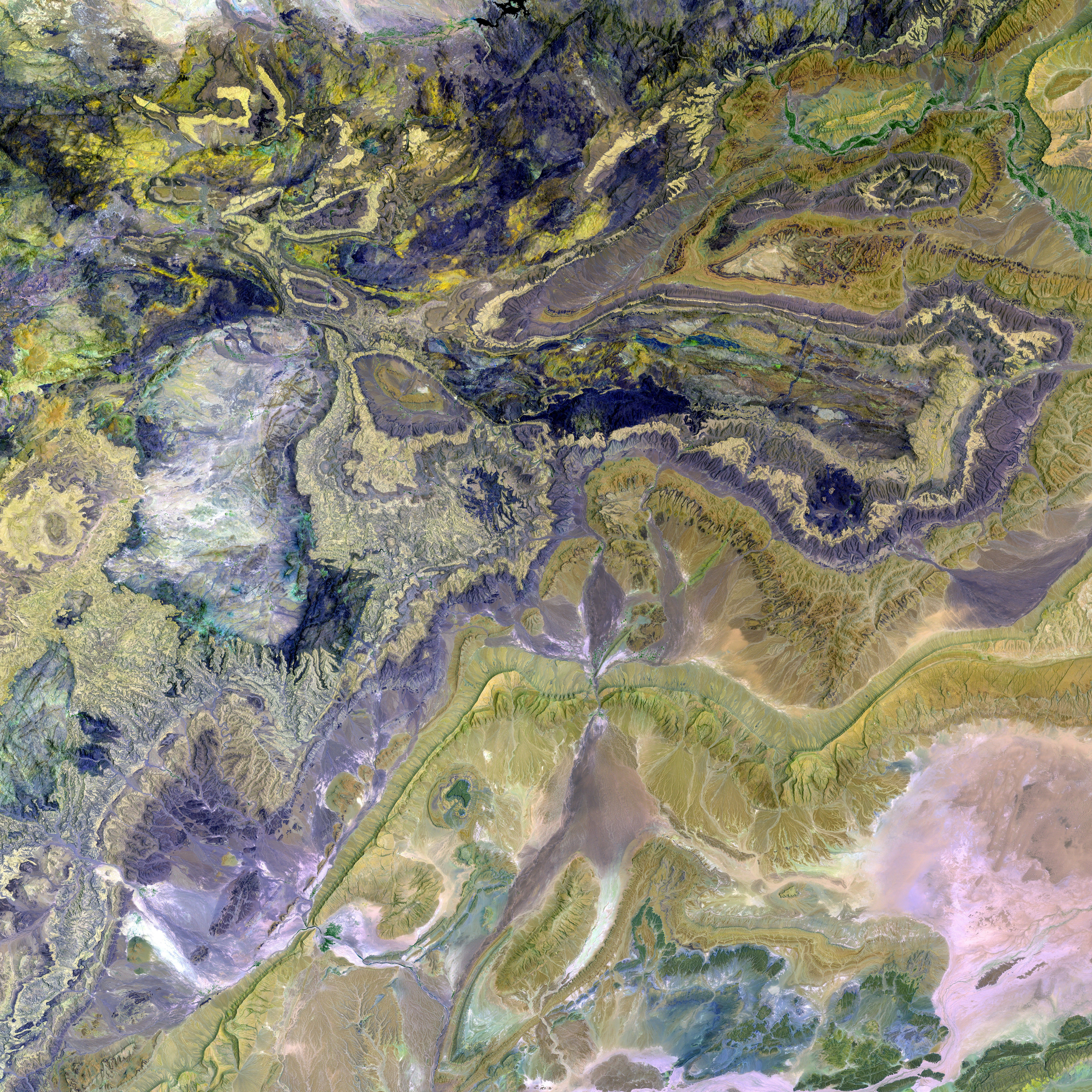International Monetary Fund advocates for fiscal modifications in Kazakhstan
Kazakhstan Faces Economic Risks Amid Heavy Dependence on National Rainy-Day Fund
The International Monetary Fund (IMF) has urged Kazakhstan to reduce its reliance on its national rainy-day fund, the National Fund, to cover operating deficits, due to the potential risks it poses to the country's economy. To mitigate these risks, the IMF suggests the establishment of an independent fiscal council and stricter policy guidelines to limit discretionary spending.
The recommendation comes from the IMF's Final Statement of its 2024 Article IV Consultation Mission, released in October. While the National Fund has historically been used to finance government projects, its use has increased significantly in recent years, making it difficult to track some of the spending, according to Nicolas Blanchet, leader of the IMF mission to Kazakhstan.
The growing dependence on the National Fund fuels inflationary tendencies, as acknowledged in the IMF statement. Poor budget planning and lower-than-expected tax revenues in recent years have negatively impacted the government's commitment to fiscal consolidation.
To date in 2024, the government has withdrawn more than 4 trillion tenge from the National Fund and plans to withdraw another 2 trillion by the end of the year, exceeding the target set at the beginning of the year. Total withdrawals for 2024 (6 trillion tenge or approximately $13 billion at an average annual exchange rate) are projected to significantly surpass the initial goal of 3.6 trillion tenge. The volume of withdrawals in 2023 amounted to 5.3 trillion tenge, representing around 20% of the annual national budget.
The need to respond to natural disasters and unexpected events, such as the Covid pandemic in 2020 and massive flooding in northern Kazakhstan this spring, has put pressure on the Kazakh treasury. As a result, state expenditures have outpaced revenue, allowing authorities to avoid making difficult budgetary decisions by dipping into the National Fund.
The IMF has proposed several measures to help the Kazakh government rein in state spending and bring it more in line with revenue. These include better macroeconomic forecasting, tax reform, and the development of a comprehensive climate policy to help reduce the current high level of carbon emissions.
The abolition of distorting tax incentives and an increase in the value-added tax rate, as part of the new tax code, offer opportunities to increase non-oil revenues, according to the IMF statement. However, some Kazakh analysts dispute the need to reduce National Fund expenditures, with economist Denis Krivosheev arguing that the money is necessary for building infrastructure, modernization, and overall development.
Murat Temirkhanov, an advisor to the chairman at the investment company Halyk Finance, acknowledges the need for improved strategic planning and agrees with the IMF's assessment regarding the government's high number of costly initiatives without a well-developed idea of how they will pay off. He also notes potential problems if oil prices decline significantly and the domestic economy suffers as a result, leaving insufficient funds in the National Fund to address the challenges.
The International Monetary Fund (IMF) suggests establishing an independent fiscal council and implementing stricter policy guidelines to limit discretionary spending, as a means to reduce Kazakhstan's reliance on the National Fund in its efforts to cover operating deficits and avoid economic risks. The National Fund's use has increased significantly and has been used to finance government projects, with the government making excessive withdrawals, particularly in 2024, due to the need to address natural disasters and unexpected events, such as the Covid pandemic.




